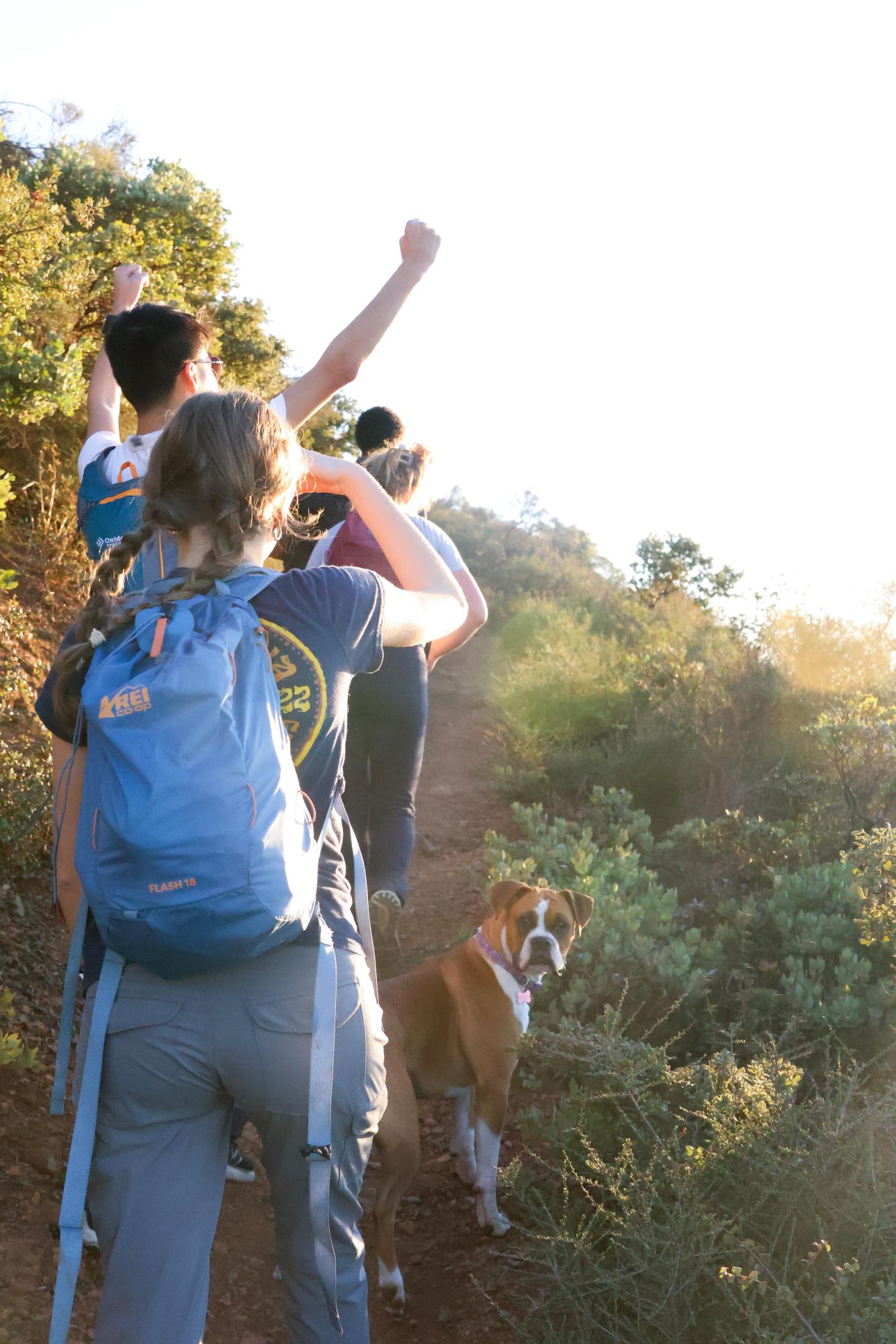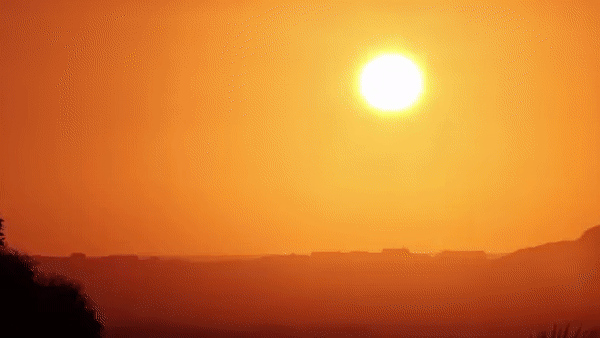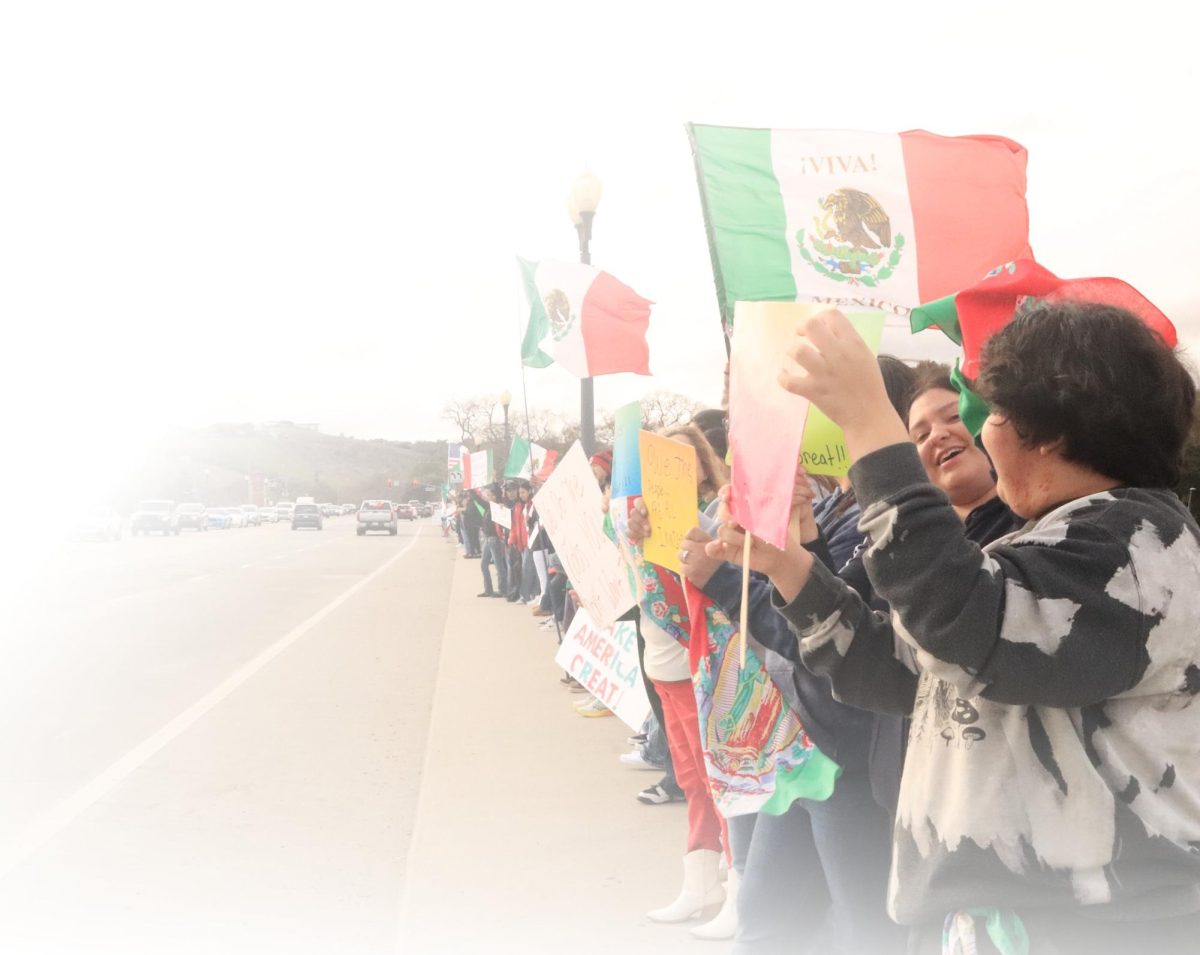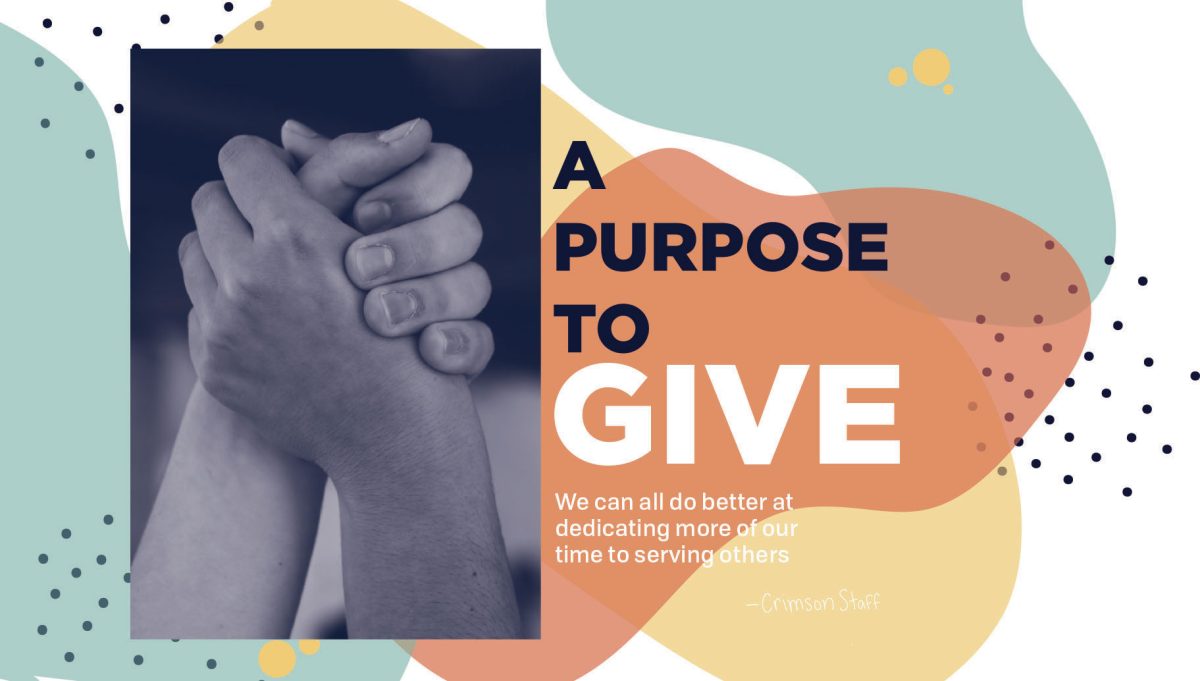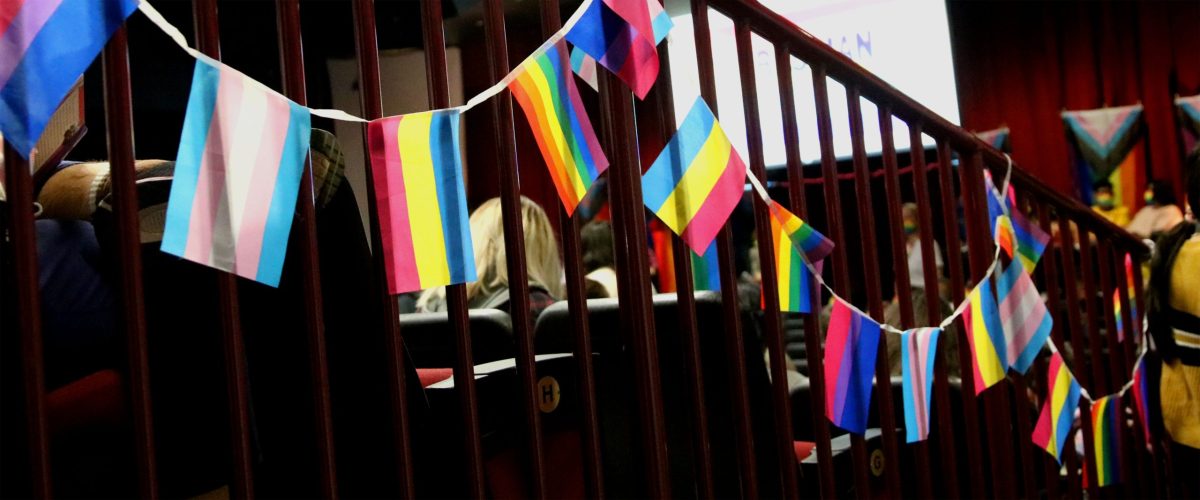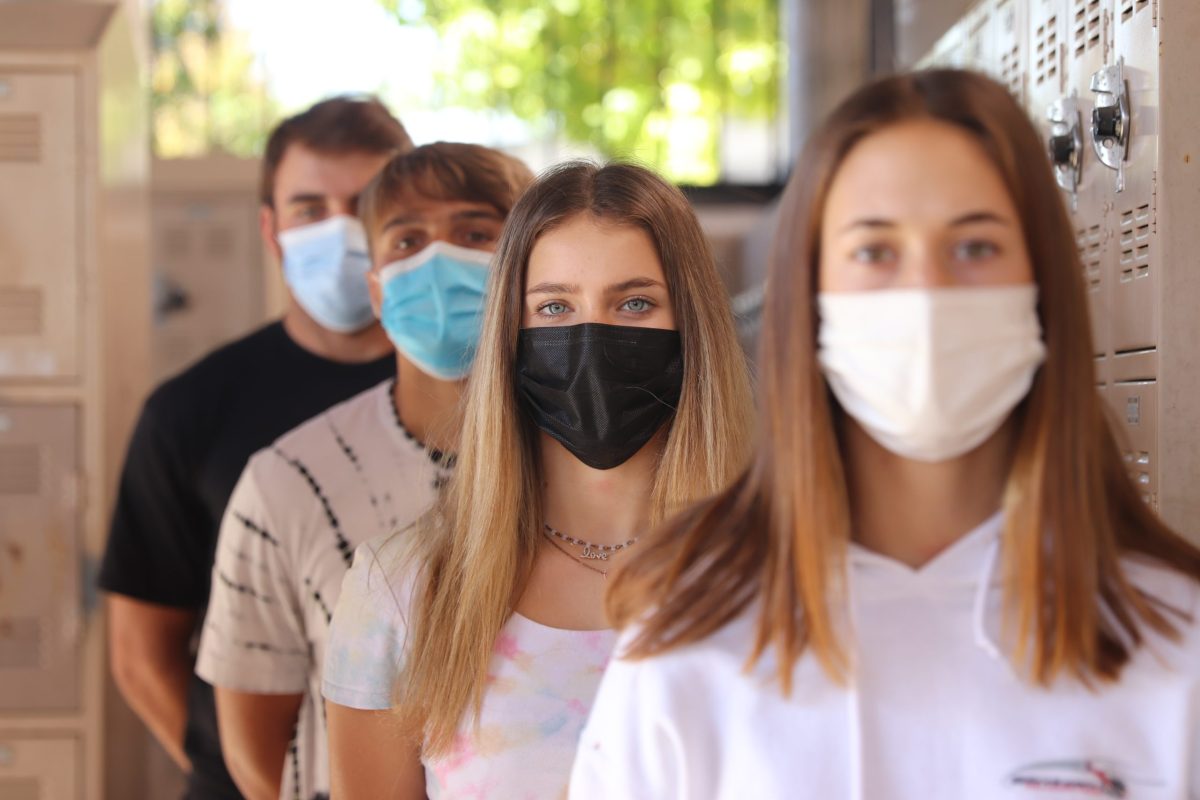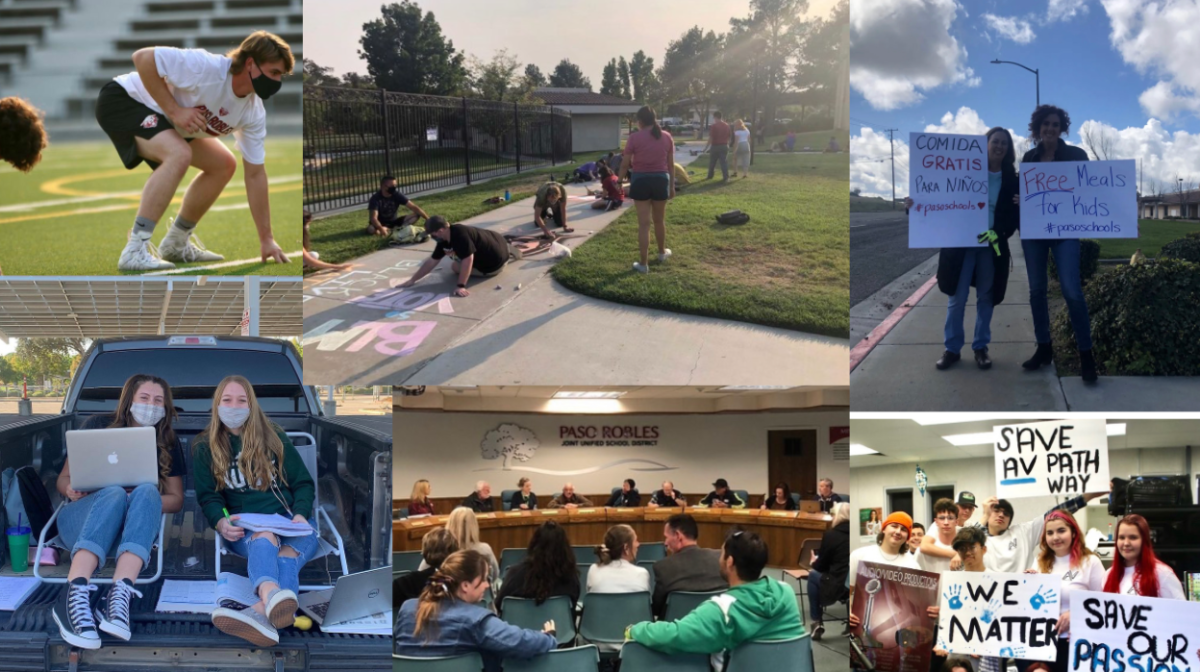The executive orders issued by the Trump administration have recently taken shape and are beginning to set a dangerous precedent. Within only a few months of his reelection, the U.S. has been haphazardly pulled out of the Paris Climate Agreement and promises to keep drilling in excess for oil. The obvious consequences of these orders will come in the form of both pollution, which affects wildlife and humans, as well as diminishing of natural protections. The warped belief these policies display is similarly concerning: that our own comfort and economy are above nature.
Crimson applauds that Paso Robles High School specifically has gone to great lengths to counter that ideology, and we appreciate the teachers that lead these essential programs for our students.
Here at PRHS, our Field Studies Collaborative courses as well as our AP Environmental, Global Environmental Options, and Marine Biology classes allow us to broaden our understanding of the need to learn about and act on behalf of the natural world. AP Environmental focuses on the scientific aspects of human practices and the detriment it has on the environment, providing many resources to better track our carbon footprint. GEO similarly teaches students about human impact on the environment while really prioritizing teaching students about the real necessities for survival. The class teaches us to rethink our consumerist attitudes in nature, seeing it as a resource to extract. Such education ensures students don’t fall prey to over consuming environmental resources. Marine Bio is another elective that provides an opportunity to thousands of students to learn more about our oceans and the harmful practices used to mass produce foods from marine creatures. Santa Cruz Island (FSC) gives us the opportunity for hands-on real scientific research as well as a deepened connection to the protected island students visit. Joshua Tree (FSC) allows us to brave the wild desert regions and reflect deeply upon our own life as well as the surrounding ecosystems. With these, we make memories while growing a deep appreciation of nature’s gifts and beauty. Additionally the school has taken up a recycling initiative, slowly but surely contributing to lessening long-term pollution and waste.
With all this chaos in the world it becomes so hard for us to believe we can do much about it. It feels nihilistic about making an impact. How do we put the education being provided to us into action?
The first step is always informing. This school has countless programs to teach people about how their own actions negatively affect the environment, so more Bearcats can continue this legacy of learning about the land. There are a host of action items for all of us to move the needle back to normal land awareness and fight the careless trend of the White House’s policies and firings. Recycling can certainly help in the long run, as well as being conscious of our energy consumption and carbon emissions.This is not just about wildlife, but also our experience on Earth and the experience of future generations. Our actions today will determine the happiness of our grandchildren, and their grandchildren as well. If we aren’t mindful, we’ll never reach that point.
Only in being cognizant will future generations continue.
